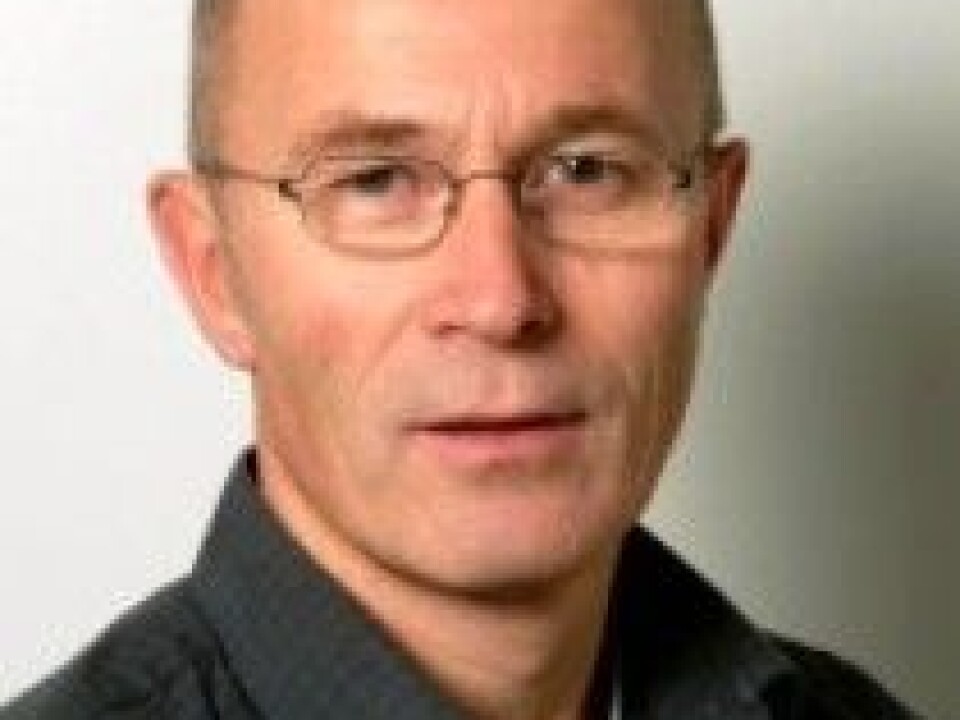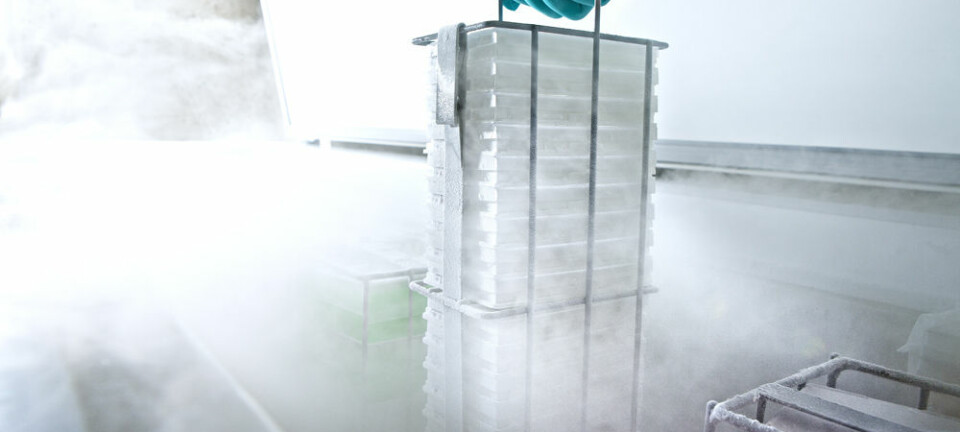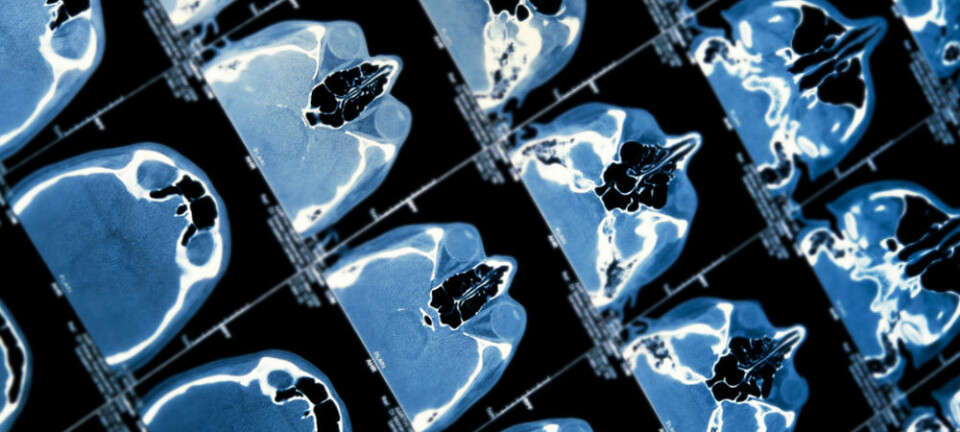An article from University of Oslo

Chronic fatigue common among survivors of childhood cancers
Adults who survive cancer often suffer from chronic fatigue. A new study shows that fatigue also occurs among survivors of children's cancer.
Denne artikkelen er over ti år gammel og kan inneholde utdatert informasjon.
Fatigue is the most common symptom in connection with cancer and cancer treatment. If the fatigue occurs in connection with chemotherapy or radiation treatment, it is called acute fatigue. Many cancer patients are likely to experience this symptom.
"Our new study reveals that chronic fatigue also can be developed by those who have survived various forms of children's cancer", says Professor Jon Håvard Loge at the Institute of Basic Medical Sciences, University of Oslo.
This finding is discussed in a recently published article in the journal Pediatric Blood and Cancer. The article is based on a study where the researchers surveyed 70 per cent of the nearly 600 Nordic children who were treated for Acute Myeloid Leukaemia, Infratentorial Astrocytoma and Wilms tumour in the period from 1985 to 2001.
Type of cancer treatment is irrelevant
It was previously believed that the type of cancer treatment that a patient underwent had a significant effect of the development of chronic fatigue. Now, the results show that this is not the case.

"We were surprised to discover that patient groups who underwent very different treatment had equivalent prevvalences of chronic fatigue", says Loge.
"When we now know that many cancer survivors have this complaint, it is important to find out why that is the case. Is it a biological or a psychological phenomenon? We must continue to study chronic fatigue as a late effect and phenomenon in a prospective way in order to improve our understanding of the factors that cause the development of fatigue among cancer survivors."
If the researchers find the answer to that question, it may affect the health services that can be offered to a increasing group of people.
The older survivors most susceptible
Most people find it taxing when both the doctor and their social circle regard them as healthy, while they themselves feel that they have no energy, and their ability to do the things they would like to do is limited.
Cancer survivors in the oldest age group who are most bothered.
Those who were between the ages of 19 and 34 had a higher frequency of fatigue than those who were between the ages of 13 and 18.
"Chronic fatigue is a type of complaint that seems to become more prevalent with increasing age. A possible explanation for this is that older survivors of children's cancer have a lower reserve capacity than the younger ones, so they suffer more complaints after lower levels of stress", explains Loge.
More survivors
In 1998, a little over 20,000 persons were diagnosed with cancer, while135,000 persons were still alive after a cancer diagnosis. Ten years later, the number of persons in the first category was 25,000, while there were a total of 190,000 persons in the latter category. Thus, the number of cancer survivors is increasing more rapidly than the number of persons who have been diagnosed with cancer, and at present two out of three Norwegians who develop cancer will survive. That is twice as many as 50 years ago.
But the victory over cancer may also result in new and often unforeseen complaints.
"We are beginning to see the contours of a situation where you must often pay a price for surviving cancer. Survivors have an increased risk of developing other and, in some cases, serious late effects and diseases, which can be of a somatic, psychological or social nature", says Loge.
"Some late effects, such as a recurrence of cancer or heart and circulatory problems may be life-threatening. Others are not necessarily that serious, but can still be troublesome and result in reduced quality of life, such as chronic fatigue", explains Loge.
New challenges for the health service
More cancer survivors give new challenges for the health service. The researchers wonder how they can best furnish information to and organise the health care for this group of patients who are at risk of developing or already have manifest late effects. Compared with the rest of the population, two to three times more cases of chronic fatigue are registered among several groups of cancer survivors.
"We also want to find out what kind of information the risk group would like to receive about late effects as well as when, how and from what type of medical personnel they would like to receive it. For example, there may be significant differences in the needs of an 18-year-old as compared with a 25-year-old", says Loge.
Through a study in 2011, he and some of his fellow researchers found that a group of patients who had had lymphoma as children had never been informed that as cancer survivors they have an increased risk of developing late effects. Many of them have had persistent health problems that the health service does not know how to inform them about, prevent or treat.
"We have not fully comprehended the fact that we must arrange a good health service programme for a steadily increasing number of cancer survivors. At present, it is a matter of chance whether we manage to include persons who are in this risk group", says Loge.
The path ahead
Through new grants from the Norwegian Cancer Society and the Research Council of Norway, Loge will now study different factors associated with late effects.
"We will study the need of information that cancer survivors have with regard to late effects and how the health service can manage the increasing number of cancer survivors. Also, we will try to identify the factors that cause a former cancer patient to end up in the risk group for developing aftereffects. , concludes Loge.

































